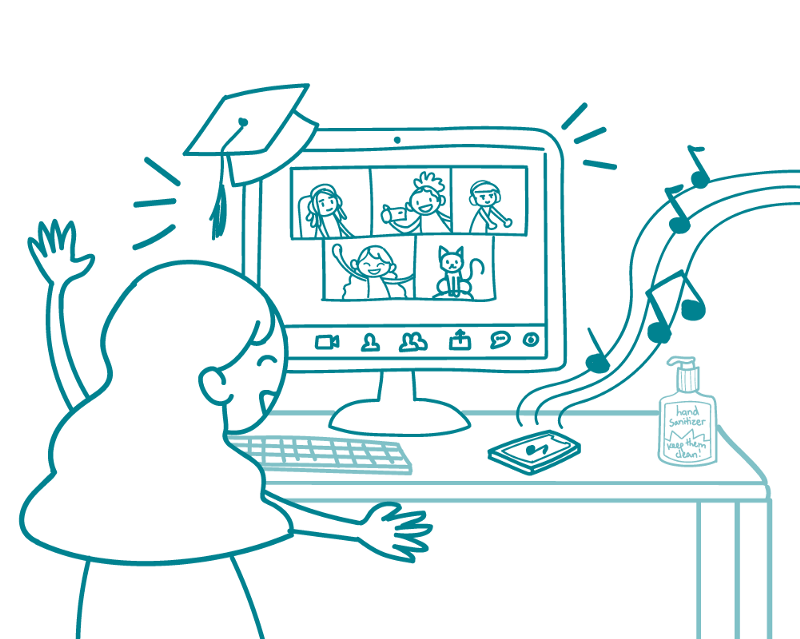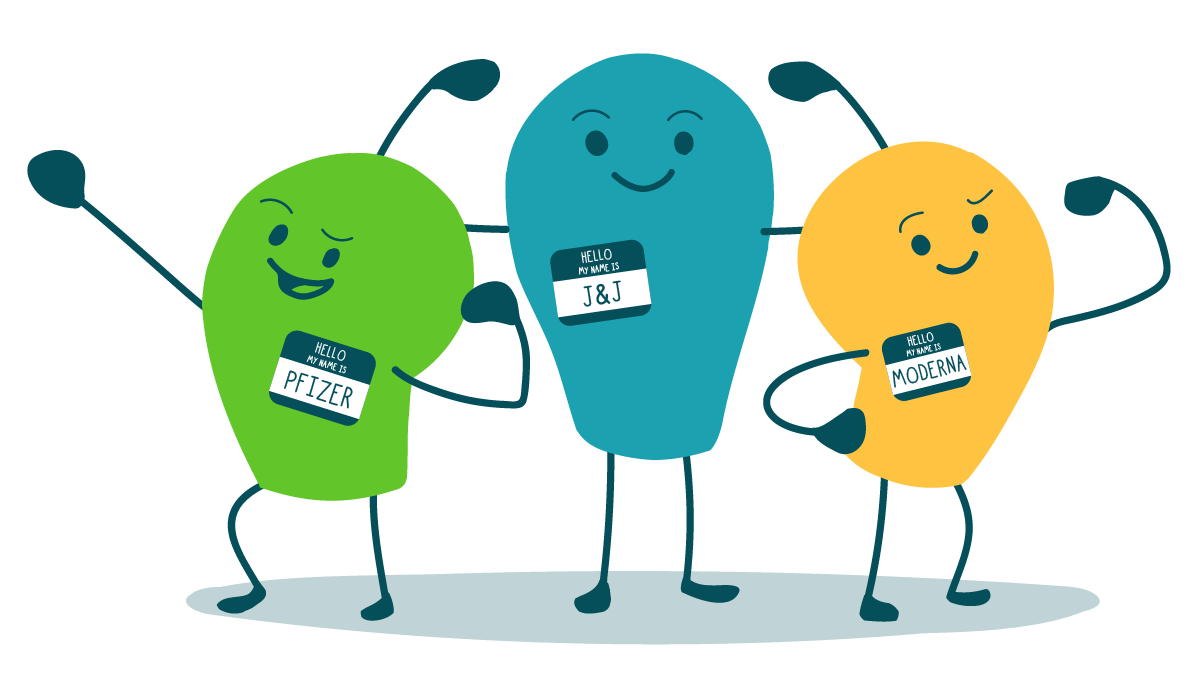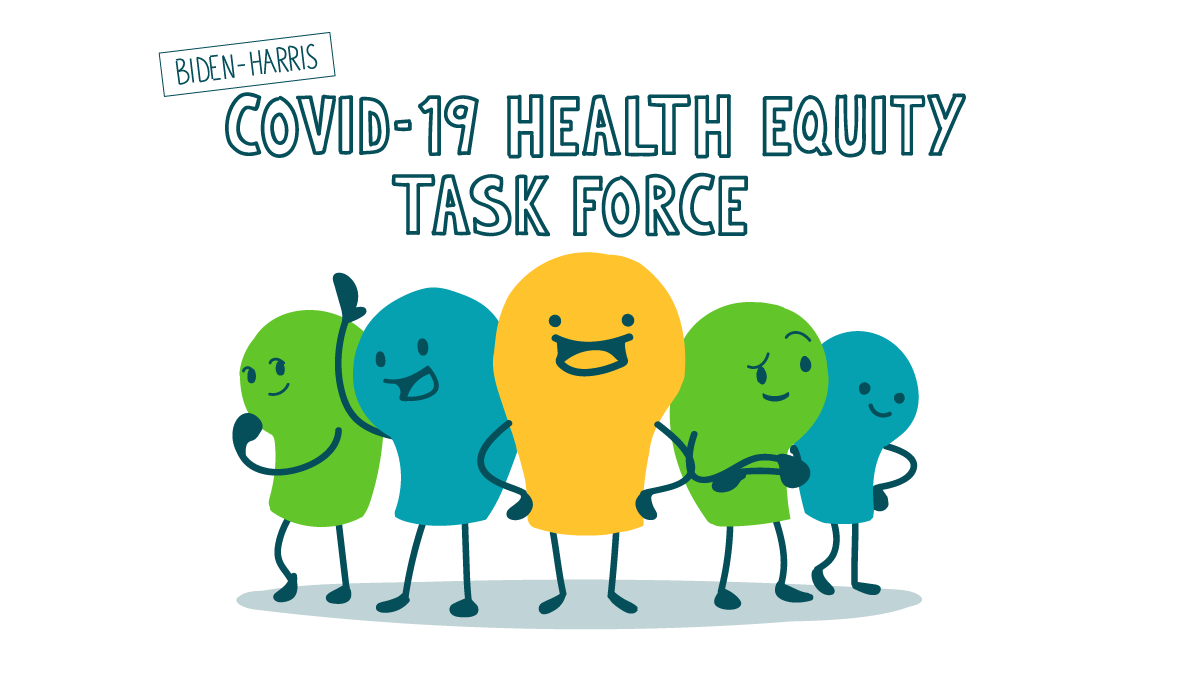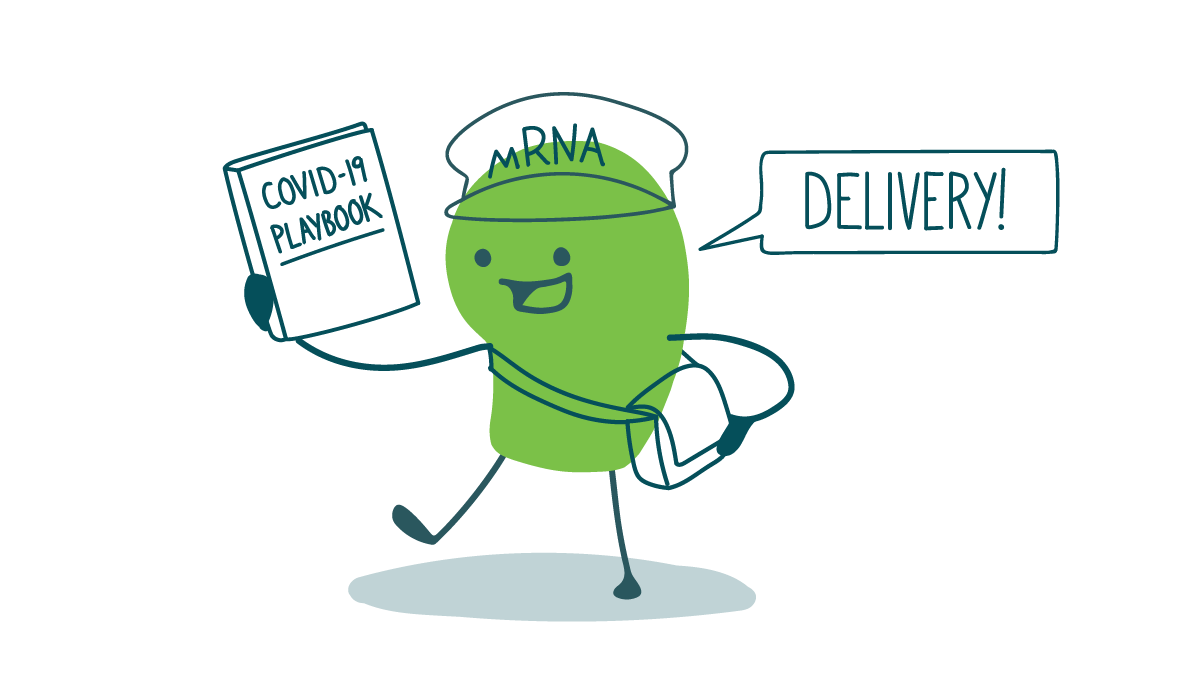
Social distancing is hard for everyone, but it can be especially tough on teens. After all, we’re asking them to stay home just when they’re craving independence and social connections. They’re worrying about how the pandemic will affect their future, missing their friends, and missing out on once-in-a-lifetime milestones like prom and graduation.
And as summer approaches and many states start to relax restrictions, we suspect it will only get harder to persuade teens to stay home. So what’s a health communicator to do? Try these tips to get through to teens:
- Feature real teen stories and voices. Remember, when you were a teen, how eagerly you rushed to comply with commands from your parents/principal/state government/local public health authority? Neither do we, dear readers! We do, however, remember putting a lot of stock in what our peers said and did. So think about including quotes, personal stories, and advice from teens in communication materials. Or try encouraging teens to spread key messages directly to their peers on social media.
- Validate what they’re going through. You know what? This pandemic totally sucks! Acknowledge that teens are dealing with real losses right now, and give them space to grieve — for “normal” life, for loved ones who are sick, for missed milestones or canceled plans. Let them know that whatever they’re feeling is okay.
- Remember that there’s no universal COVID-19 experience. For some teens, missing their social life may be the least of their worries. They may also be facing very grown-up challenges like caring for family members and working in food service or other essential jobs. So avoid reducing the teen experience to themes you’d see in a high school movie.
- Remind them that it’s normal to feel anxious or depressed. Reassure teens that anxiety, panic, and depression are normal responses to, you know, the end of the world as we knew it! Encourage them to talk to a trusted adult if they’re feeling overwhelmed, and direct them to remote options for mental health care.
- Encourage them to explore (social distancing-friendly) hobbies and passions. Doing what we love can help us manage stress. Now’s the time for teens to dive into their favorite (safe) hobbies or find a new creative outlet — like drawing, cooking, or learning yet another TikTok dance.
- Be honest when you don’t know the answer. In health communication, we’re often called to embrace uncertainty. And that’s especially important right now, as we’ll almost definitely continue to remind you. Teens, like most people, don’t love being lied to — and they may be especially sensitive to adults shielding them from the truth. Being honest about what we know and don’t know can go a long way toward winning teens’ trust.
- Empower teens to help. Teens may feel like there’s not much they can control right now. Remind them that steps like staying home can help slow the spread of the virus — and save lives. Suggest ways they can help others, like raising money for COVID-19 relief efforts or helping older neighbors get groceries.
The bottom line: When communicating with teens about coronavirus, compassion and honesty are key.
Browse recent posts


